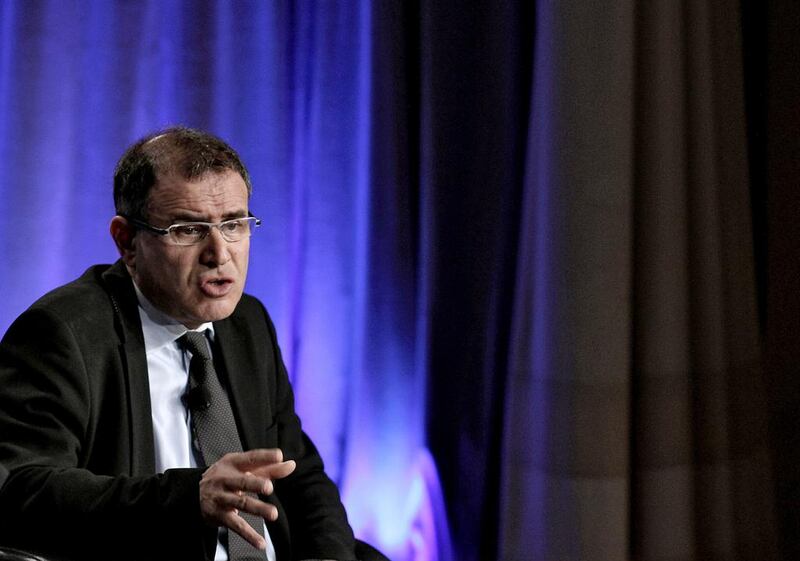The Islamic financial system grew out of the great trading and commercial empires established after the rise of Islam in the seventh century, stretching from the Atlantic coast of North Africa to the islands of South East Asia.
For a time, it coexisted with what we now call “conventional” finance, which developed in Europe around the same time, but commercial contacts between the two systems led each to influence the other.
For example, one of the basic precepts of modern Islamic banking – the ban on interest – also figured in early conventional banking cultures, with Christian authorities declaring “usury”, the charging of excessive rates of interest, to be sinful.
But over time, Islamic commercial principles were moulded into a comprehensive set of instructions about how to do business in a fair and ethical way, in accordance with the teachings of the Quran.
The ban on interest led to arrangements for profit-sharing mechanisms that form the basis of Islamic lending and financing instruments, like sukuk (Sharia-compliant bonds) and murabaha (fixed-income loans).
Funding agreements have to be backed by real assets in the form of property or profit flows. The esoteric financial instruments called “collateralised debt obligations” – the main cause of the 2008 global financial crisis – are not allowed in Islamic finance.
This is another important principle in Islamic finance: the avoidance of excessive risk. This puts many of the speculative techniques of modern conventional markets – derivatives and short-selling – in the “haram” (forbidden) category in Islamic finance.
Finally, Islamic business forbids investment in products or industries deemed to be unacceptable to Muslims, such as alcohol, pork, gambling and pornography.
Some experts believe this makes Islamic finance inherently more ethical and risk-averse than conventional finance, and leads to more socially responsible ownership systems.
Naheeda Rashid, the Islamic expert at the Hermes global investment group, said in a recent report: “Responsible ownership – embracing environmental, social and governance issues – is often viewed as a western phenomenon. Instead, it could be argued that it is one that is rooted in Islam for centuries.”
It is becoming a widely held view that conventional financial systems would benefit from some aspects of Islamic principles.
Nouriel Roubini, the American economics expert who predicted the 2008 financial implosion, said in Dubai recently: “There is a need for a more resilient system, and that’s where there is potential for the Islamic system.
“It is less volatile and potentially more stable than conventional financial systems. The advanced economies can learn from the Islamic system in this respect.”
fkane@thenational.ae





